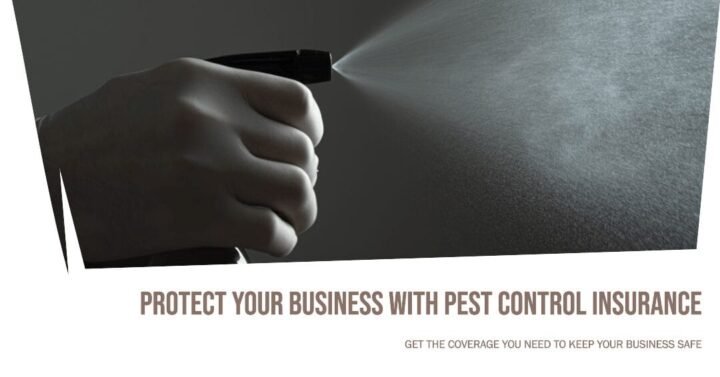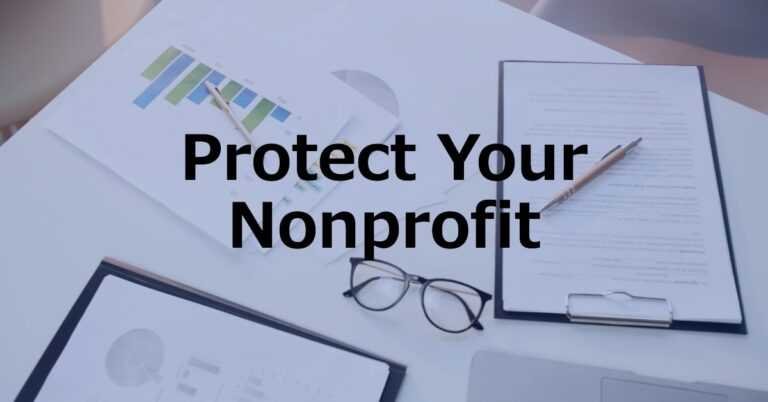Everything You Need to Know About Pest Control Insurance
Are you a pest control professional, ensuring homes and businesses remain pest-free? If so, you’re no stranger to the challenges and risks associated with your industry. From using chemicals that can potentially harm people and property to the ever-present threat of accidents and injuries, pest control is not without its perils. That’s where pest control insurance comes into play! In this comprehensive guide, we’ll dive deep into the world of pest control insurance, answering all your burning questions and providing you with actionable insights to protect your business and financial security.
So, whether you’re just starting in the pest control industry or have been in the business for years, read on to discover everything you need to know about pest control insurance!
What Is Pest Control Insurance?
Let’s kick things off with a simple definition:
Pest control insurance is a specialized type of coverage designed to protect pest control professionals and businesses from the various risks associated with their work. It provides financial security in case of accidents, property damage, or harm caused by pesticide application, professional negligence, and more.
Why Do Pest Controllers Need Insurance?
Now that we’ve defined pest control insurance, let’s delve into why it’s an absolute must-have for pest control businesses:
- Public and Product Liability: Pest controllers handle chemicals and pesticides, which can pose risks to the public. Insurance covers any harm caused to individuals or property during pest control operations.
- Property Damage: In the course of your work, accidents can happen. Pest control insurance safeguards you against liability for any damage to your client’s property.
- Professional Indemnity: This aspect of insurance comes into play if your recommendations or advice lead to problems. It covers legal expenses and claims arising from incorrect pest control recommendations.
- Accidents and Sickness Coverage: Just like any other profession, pest control workers can fall ill or get injured. Insurance ensures you’re financially protected in such situations.
Types of Pest Control Insurance
Now that you understand why pest control insurance is crucial, let’s explore the various types of coverage available:
1. Public Liability Insurance
What it covers: Public liability insurance protects you in case of third-party claims for injury or property damage caused by your pest control operations. It’s essential for your peace of mind and your client’s safety.
Don’t leave your business exposed! Get public liability insurance today to protect yourself and your clients from unexpected mishaps.
2. Professional Indemnity Insurance
What it covers: Professional indemnity insurance safeguards you against claims of professional negligence or incorrect recommendations. It covers legal expenses and compensation claims, ensuring your reputation remains intact.
Protect your professional reputation with professional indemnity insurance. Don’t let a single mistake jeopardize your career!
3. General Property Insurance
What it covers: This type of insurance is tailored for pest control equipment. It covers the loss or damage to your tools and equipment, ensuring you can continue your work even in the face of adversity.
Safeguard your tools of the trade with general property insurance. You never know when accidents might occur, so be prepared!
4. Accident and Sickness Coverage
What it covers: Accidents and illnesses can strike anyone, including pest control professionals. This insurance provides financial support during times when you can’t work due to health issues or injuries.
Ensure your financial security by getting accident and sickness coverage. Don’t let unexpected health setbacks derail your business and livelihood!
How to Get Pest Control Insurance
Now that you’re aware of the different types of pest control insurance, you might be wondering how to go about getting the right coverage for your specific needs. Here’s a step-by-step guide:
- Assess Your Needs: Evaluate your business operations and determine the types of coverage you require. Are you a solo pest controller or part of a larger company? Your needs may vary.
- Research Providers: Look for insurance providers that specialize in pest control insurance. Providers like Bluewell Insurance Brokers, SMART, and Wymark Specialty offer tailored solutions.
- Request Quotes: Contact these providers and request quotes based on your specific needs. Compare the quotes to find the most competitive and suitable coverage.
- Check Qualifications: Some insurers may have requirements, such as a minimum number of years of experience for new pest controllers. Make sure you meet these qualifications.
- Read the Fine Print: Before committing, carefully read the policy documents. Understand what is covered, any exclusions, and the claims process.
- Customize Your Coverage: Work with your chosen insurance provider to customize your coverage to your business needs. Don’t settle for a one-size-fits-all approach.
- Review Annually: As your business grows and evolves, your insurance needs may change. Review your coverage annually to ensure it still meets your requirements.
FAQs: Your Burning Questions Answered
Is pest control insurance mandatory?
Pest control insurance is not legally required in most places. However, it is highly recommended to protect yourself, your clients, and your business from unforeseen circumstances.
How much does pest control insurance cost?
The cost of pest control insurance varies based on factors like the type of coverage, your business size, and location. It’s best to request quotes from providers to get an accurate estimate.
Can new pest controllers get insurance?
Yes, even new pest controllers can obtain insurance, but some providers may require a minimum number of years of experience. Check with different insurers to find one that suits your situation.
What should I do if I make a mistake in pest control that harms a client’s property?
If a mistake leads to property damage, your public liability insurance should cover the costs. However, it’s crucial to report the incident to your insurer promptly.
Can I combine different types of pest control insurance?
Yes, you can combine various types of pest control insurance to create a comprehensive coverage plan that suits your specific needs.
How do I file a claim with my pest control insurance provider?
In case of an incident that requires a claim, contact your insurance provider immediately. They will guide you through the claims process and help you resolve the issue.
Conclusion
In the world of pest control, where unforeseen accidents and mishaps can happen, having the right insurance coverage is your best defense. Pest control insurance ensures that you can continue to provide your valuable services while protecting your business, clients, and financial security.
So, if you’re a seasoned pest control professional or just starting your journey in this industry, take action today! Assess your needs, research providers, and get the coverage that’s tailored to your business. Don’t wait until the unexpected occurs – safeguard your future with pest control insurance!







